Mamata's Bangladesh tour may boost Teesta water sharing pact
Fri 20 Feb 2015
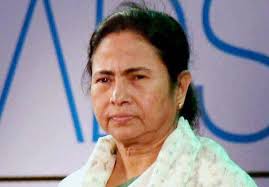
Dhaka, February 20,2015 (PTI) West Bengal Chief Minister Mamata Banerjee will arrive here today on a three-day visit to strengthen ties between Bangladesh and her state, raising hopes of a breakthrough in the settlement of Teesta water sharing pact and ratification of the land boundary agreement. Banerjee is due to arrive here this evening, her first visit since she took over as the Chief Minister in 2011.
"We hope that with this visit a conducive environment will be created to resolve the pending issues between Dhaka and Delhi," State Minister for Foreign Affairs Shahriar Alam told newsmen on the eve of Banerjee's visit.
"Legally, the bilateral issues are to be resolved by the central governments. But we believe her visit will make it easier to resolve outstanding issues in future."
Bangladesh and India were set to ink the Teesta Agreement during the then Prime Minister Manmohan Singh's visit in 2011 but Banerjee precluded herself from his entourage at the last minute opposing the treaty.
The Teesta deal was shelved as Banerjee had objected to the proposed quantum of waters, saying it would harm her state.
Several analysts have said her visit would be an 'icebreaker' in Dhaka's virtually strained relationship with Banerjee as the trip is expected to make an headway to the ratification of the the Land Boundary Agreement (LBA), an issue over which the West Bengal chief minister also expressed her reservation in the past.
Ahead of her arrival, Banerjee expressed hope that her Dhaka tour would further strengthen ties between Bangladesh and her state and promote business between the two sides. "I will carry to Bangladesh the message of enhanced trade links and other exchanges between West Bengal and Bangladesh," she told reporters in Kolkata.
Bangladesh Foreign Minister AH Mahmood Ali invited her to join the historic Language Day ceremony in memory of 1952 language martyrs.
Bangladesh and West Bengal share a common language and culture. Officials said Dhaka has invited Banerjee coinciding with the occasion of February 21 to deepen soul-ties with West Bengal.
Banerjee would lead a 39-member delegation with an aim of increasing trade and investment between West Bengal and Bangladesh. Two senior ministers of her government would also accompany her. She is scheduled to meet President Abdul Hamid, Prime Minister Sheikh Hasina and hold talks with the Foreign Minister.
Banerjee will also join an interaction over lunch with eminent litterateurs and cultural personalities in Bangladesh.
She will join the Language Day ceremony at zero hours of February 20 midnight with the president and the premier at the Central Shaheed Minar in the capital.
She will join the Language Day ceremony at zero hours of February 20 midnight with the president and the premier at the Central Shaheed Minar in the capital.
They would lay wreaths in memory of 1952 language movement martyrs who laid down their lives demanding Bangla be the state language for being the mother tongue of majority population in the erstwhile Pakistan.
Banerjee is expected to address a business event to be organised by the India-Bangladesh Chamber of Commerce, the Federation of Bangladesh Chamber of Commerce and Industry and the Indian Chamber of Commerce.
Despite the speculation about her tour in view of the current spate of political unrest in Bangladesh that claimed over 100 lives in the past one and half months, Banerjee preferred to visit Bangladesh as planned grabbing much attention in Dhaka newspapers.
The Daily Star newspaper published a long report headlined 'Teesta hope rises with Mamata's trip', the Bangladesh Observer headlined its report as 'Mamata's visit to expedite settling pending issues' while the mass circulation Prothom Alo headline read 'Mamata comes to repair relationship'.
The Teesta, which has its origin in Sikkim, flows through the northern part of West Bengal before entering Bangladesh and joining the Brahmaputra river. The river is crucial for Bangladesh in the leanest period from December to March when the water flow often temporarily comes down to less than 1,000 cusec from 5,000 cusec.
The Teesta water-sharing agreement has been in the talks since the Awami League government returned to power in 2009. Prime Minister Hasina earlier criticised Banarjee for her "unfortunate" stance against the water sharing deal.
The last minute setback on the Teesta deal during Singh's September 2011 visit visibly prompted Dhaka to back off from inking a crucial transit deal at that time while Hasina so far made positive remarks about fate of the agreement.
Officials said the volume of waters in the Bangladesh part of Teesta declined drastically in recent days while massive withdrawal of waters at the upstream severely affected the major Boro crops particularly in four northwestern districts, often called as granary of Bangladesh.
Riverine Bangladesh is criss-crossed by dozens of major rivers with 54 originating from India. Until now New Delhi signed only one treaty on the sharing of the water of the Ganges in 1996.
No Comments For This Post, Be first to write a Comment.
Most viewed from Specials
Most viewed from World
AIMIM News
Latest Urdu News
Most Viewed
May 26, 2020
Where should be the burial of the pilgrims martyred in the Saudi Arabia bus accident?
Latest Videos View All
Like Us
Home
About Us
Advertise With Us
All Polls
Epaper Archives
Privacy Policy
Contact Us
Download Etemaad App
© 2025 Etemaad Daily News, All Rights Reserved.

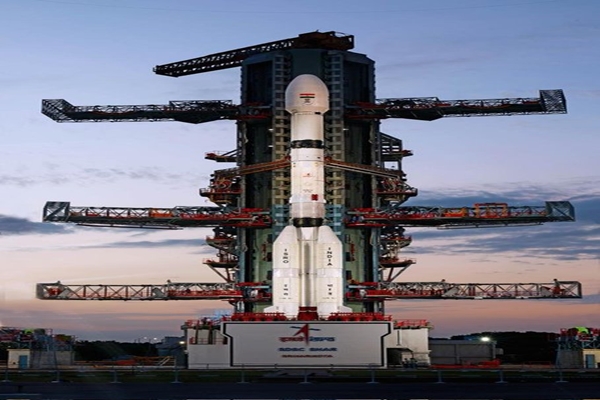
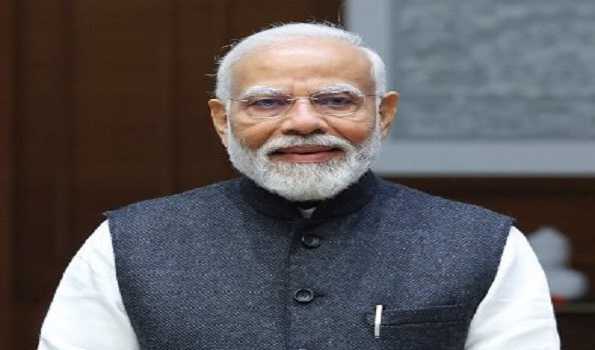
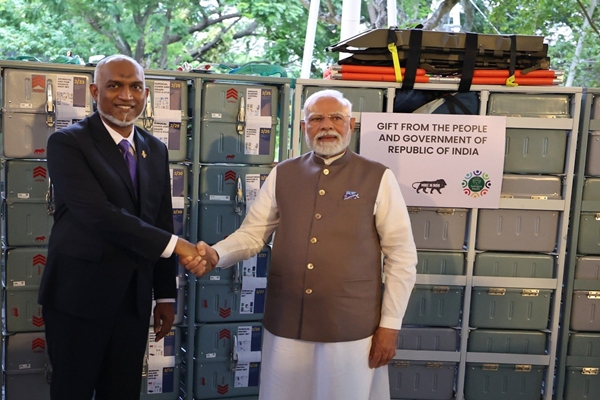
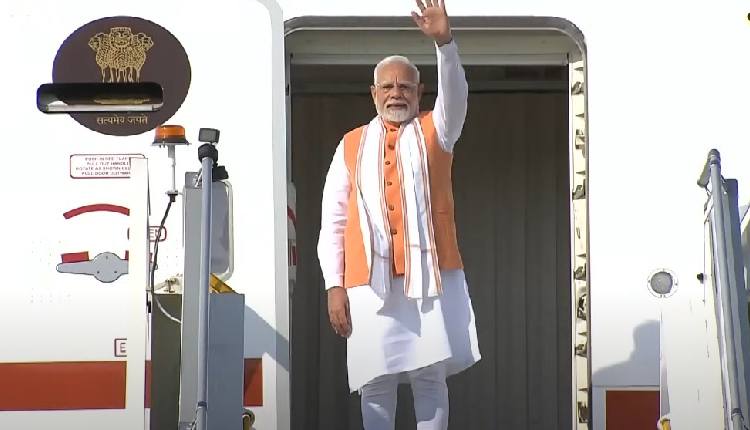
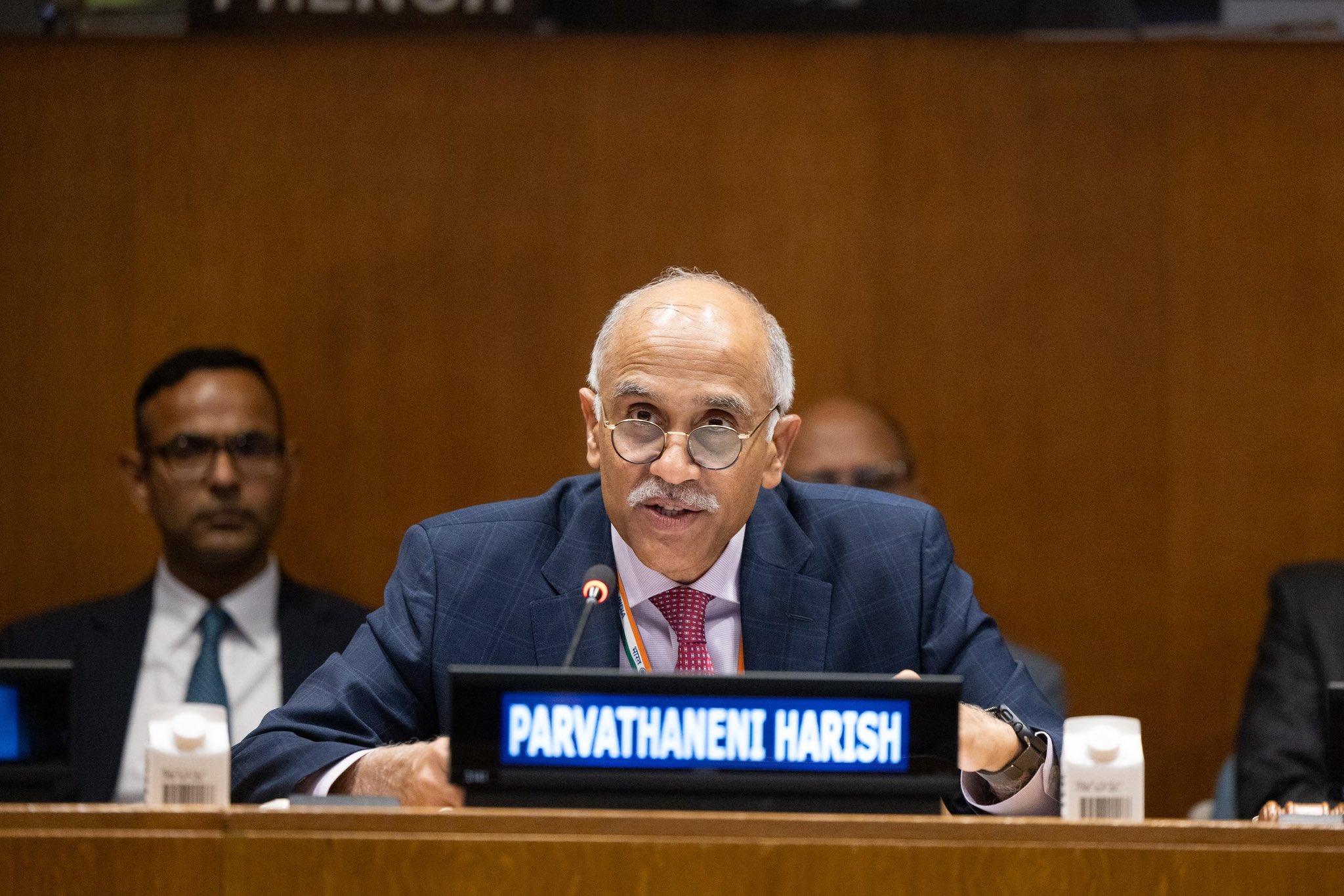
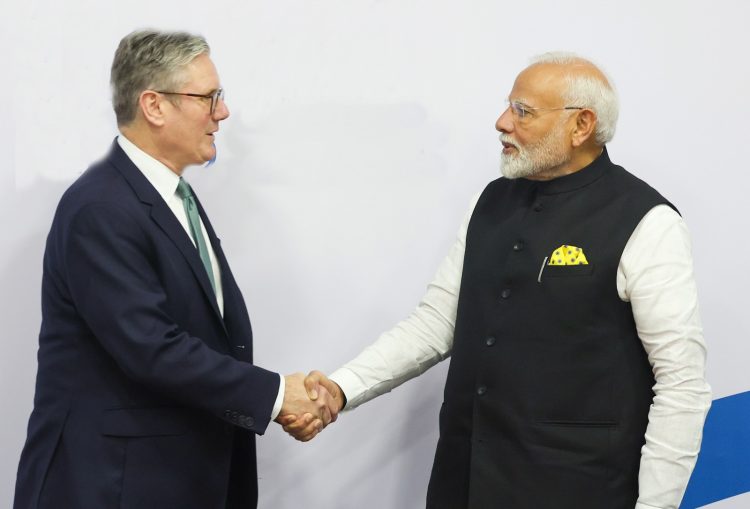
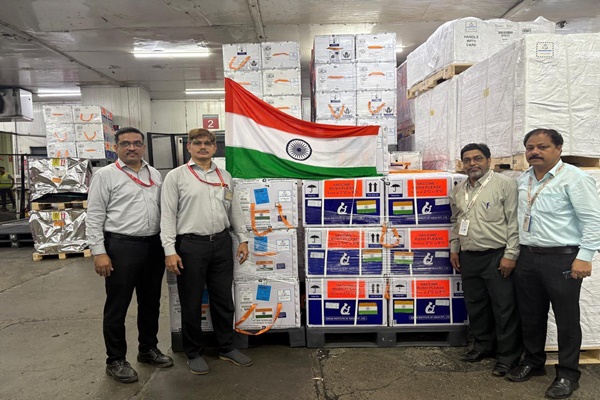
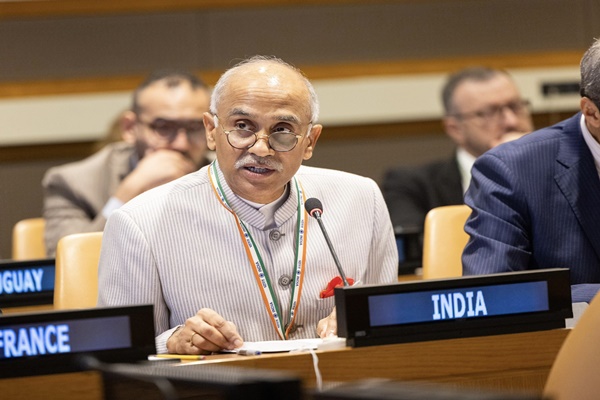
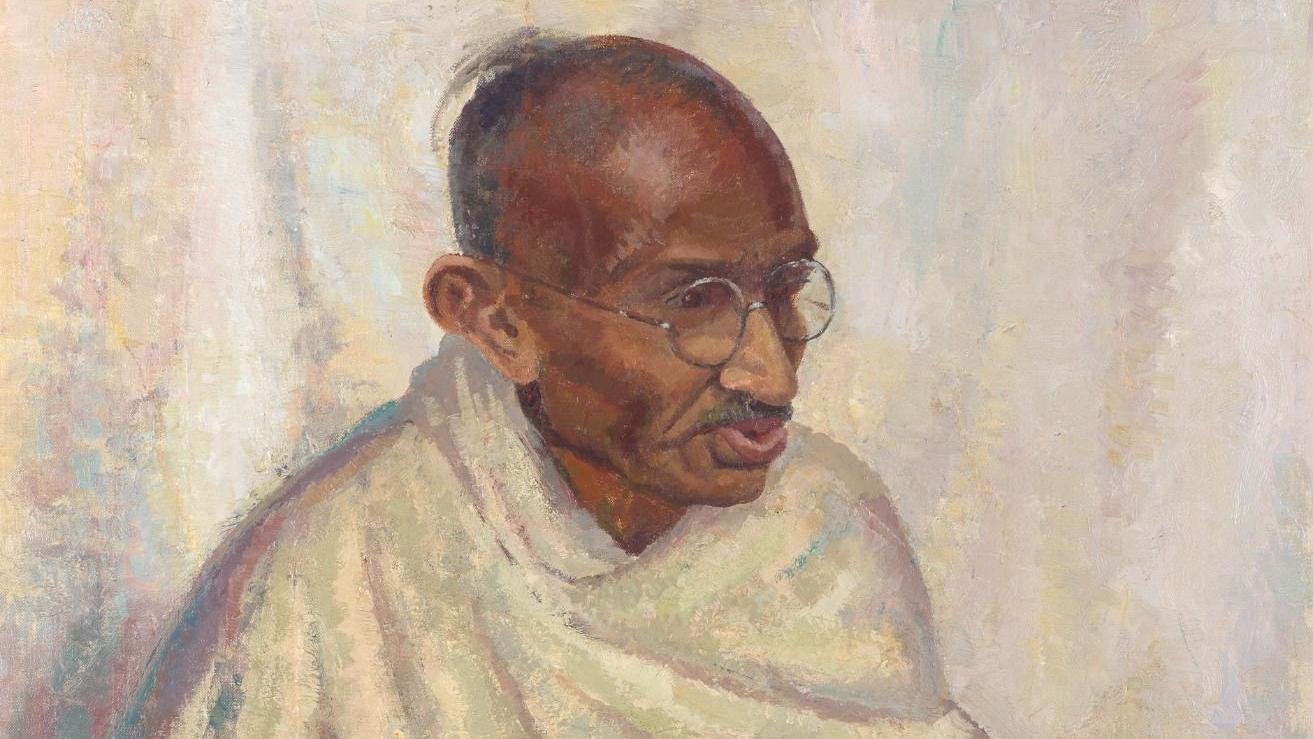
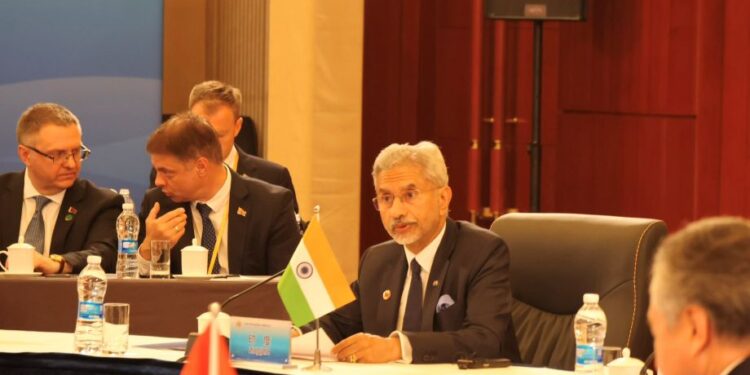
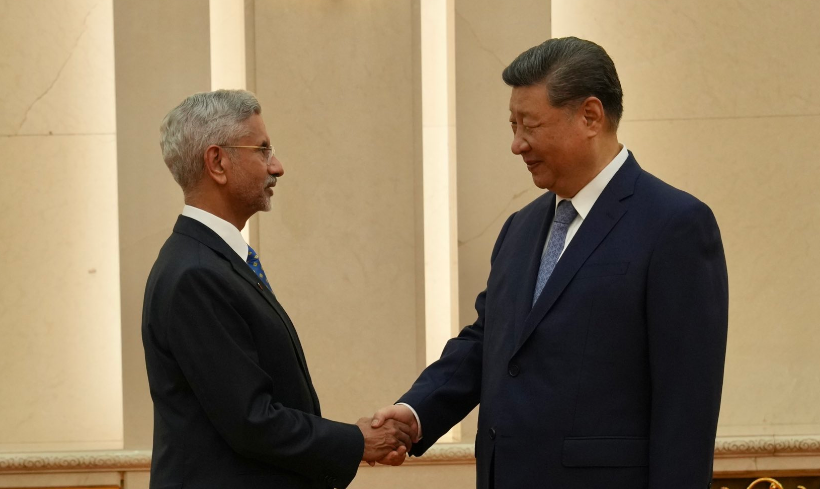
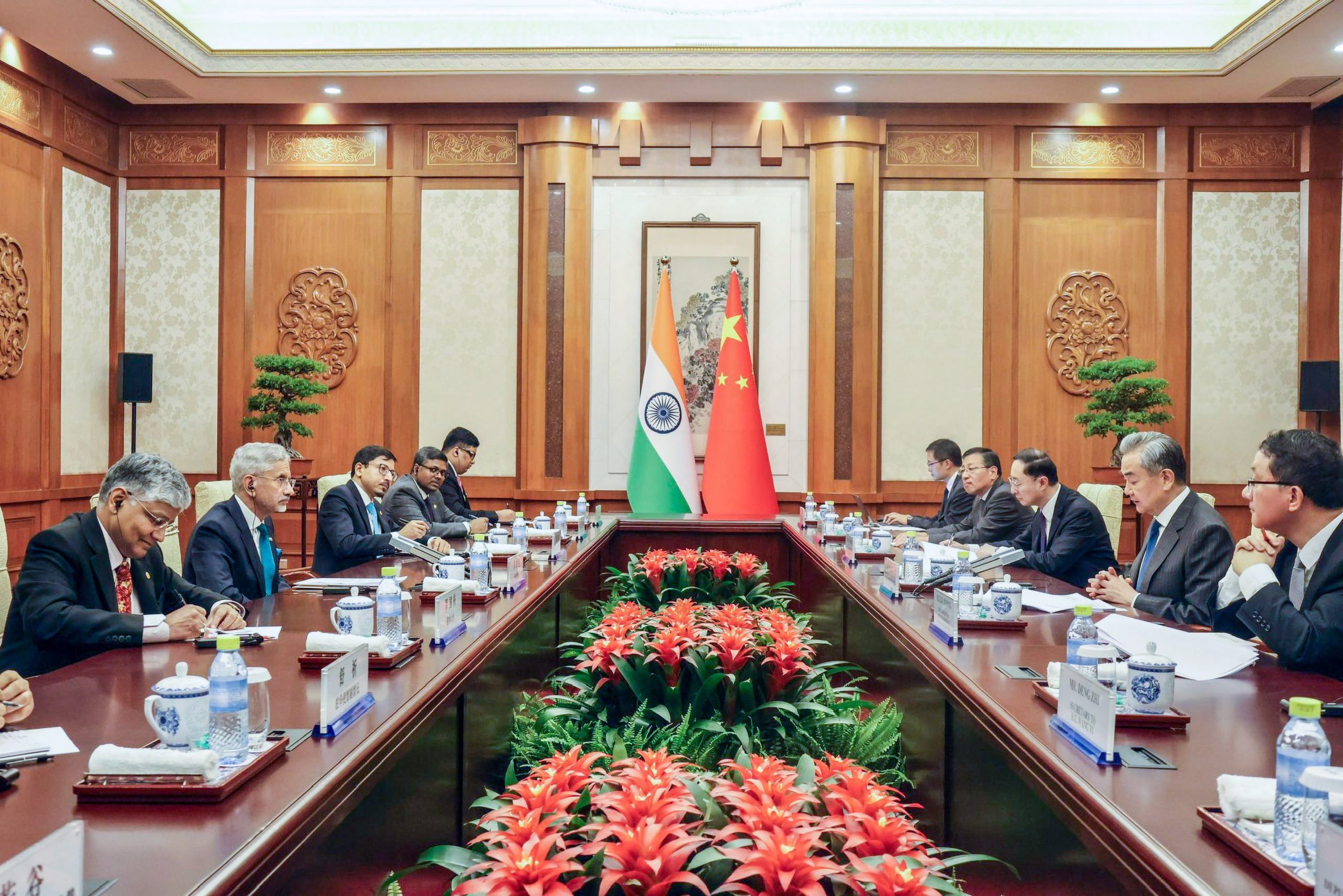
.jpg)

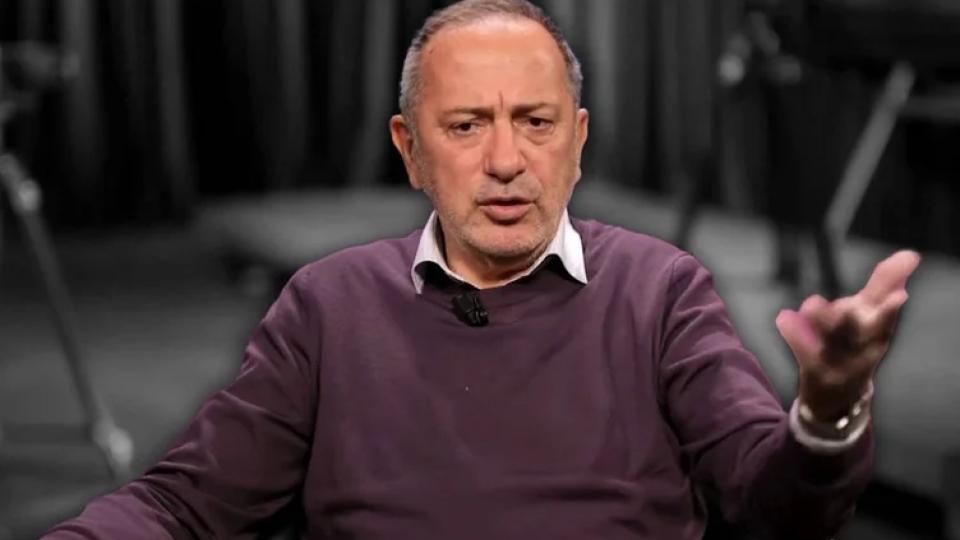



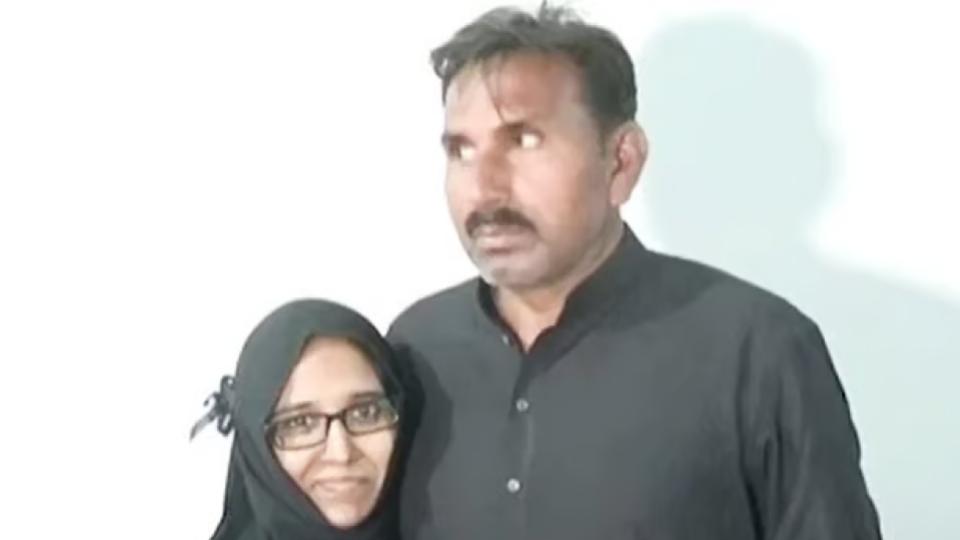


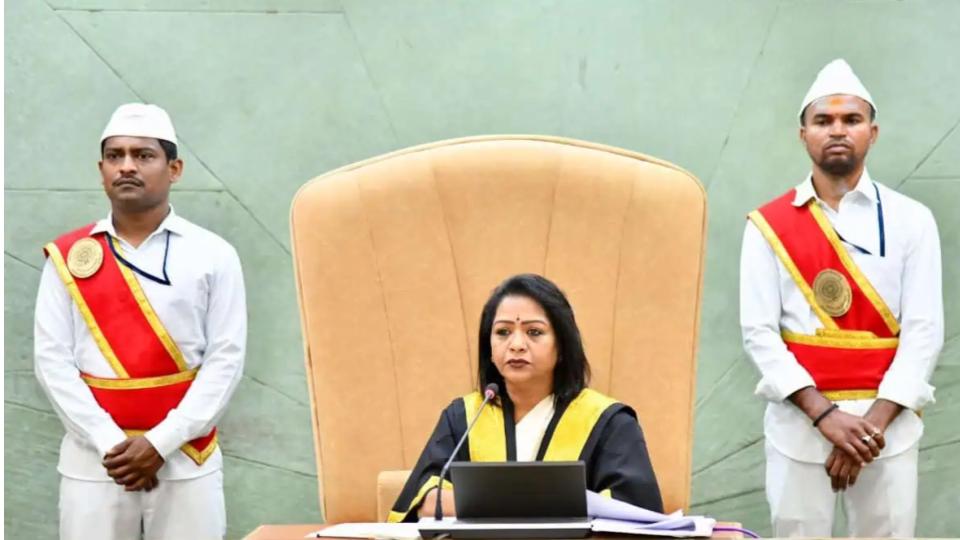
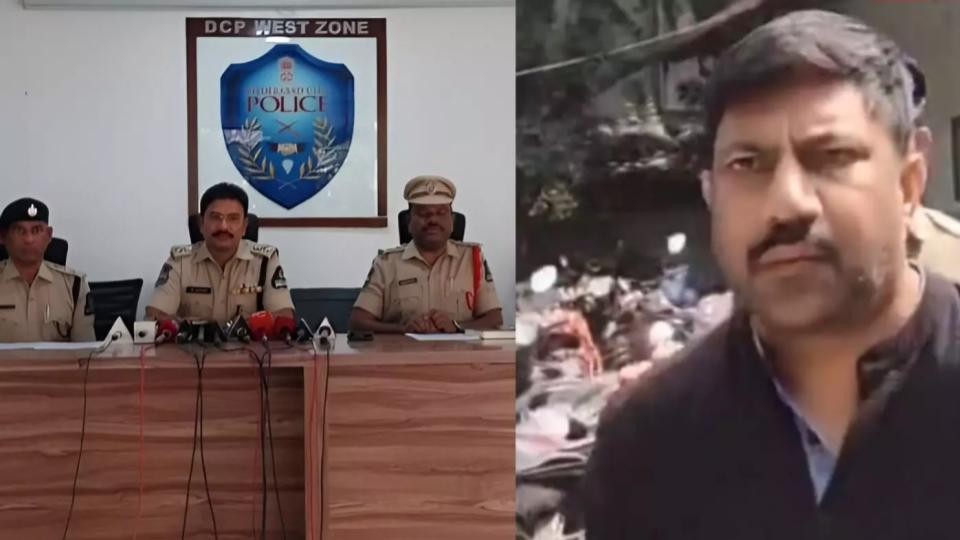


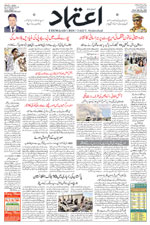









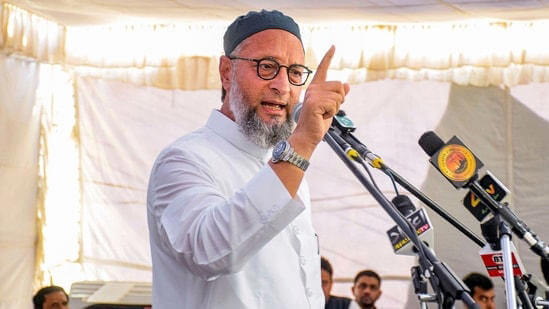
.jpg)
.jpg)
.jpg)


